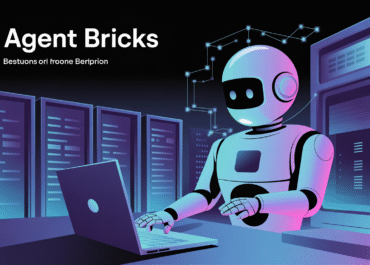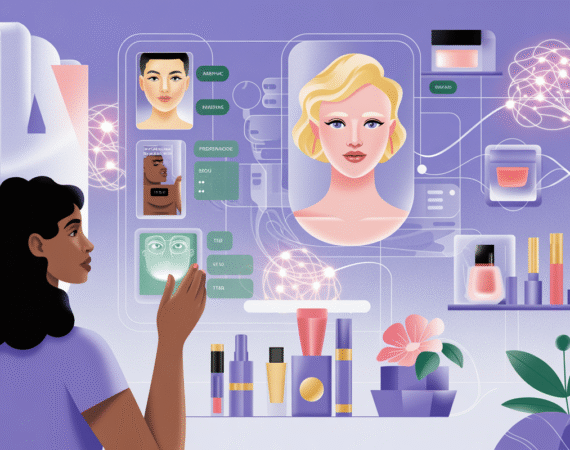Democratizing AI: Enhancing Accessibility and Affordability in 2024
Artificial Intelligence (AI) is no longer a futuristic concept reserved for science fiction; it’s rapidly becoming an integral part of our daily lives and business operations. In 2024, a significant shift is underway: AI is moving beyond the exclusive domain of tech giants and highly specialized researchers, advancing towards unprecedented levels of efficiency, affordability, and accessibility. This democratization of AI is reshaping industries, empowering individuals, and fostering innovation on a global scale.
The Rise of Smaller, More Efficient AI Models
A key driver of AI’s increased accessibility is the development of smaller, more efficient models. Historically, state-of-the-art AI, particularly large language models (LLMs), demanded immense computational power and vast data centers, making them expensive and resource-intensive to deploy. However, recent advancements have led to the proliferation of smaller language models (SLMs) and optimized versions of larger models. These compact models can perform sophisticated tasks with significantly less overhead, reducing both operational costs and environmental impact.
This efficiency opens doors for on-device AI, enabling intelligent features directly on smartphones, edge devices, and even smart appliances. It also lowers the barrier to entry for startups and small businesses that might not have the resources for large-scale cloud AI infrastructure, fostering a more competitive and innovative AI ecosystem.
Broadened Adoption Across Diverse Sectors
The democratization of AI isn’t just about technical advancements; it’s also about its adoption across a wider spectrum of industries. AI is no longer confined to Silicon Valley or niche tech sectors. In 2024, we see AI being integrated into:
- Healthcare: Assisting with diagnostics, drug discovery, and personalized treatment plans.
- Finance: Enhancing fraud detection, risk assessment, and personalized financial advice.
- Education: Powering adaptive learning platforms and intelligent tutoring systems.
- Manufacturing: Optimizing production processes, predictive maintenance, and quality control.
- Small and Medium-sized Businesses (SMBs): Automating customer service, marketing, and data analysis through user-friendly AI tools.
This widespread adoption signifies a critical shift from AI as a specialized tool to AI as a fundamental utility, accessible and beneficial to organizations of all sizes and types.
User-Friendly Interfaces and Low-Code/No-Code Platforms
Another crucial aspect of AI accessibility is the evolution of user interfaces and development platforms. The need for deep programming expertise to leverage AI is diminishing. An increasing number of low-code and no-code AI platforms are emerging, allowing business users, data analysts, and even non-technical individuals to build, deploy, and manage AI solutions with minimal or no coding.
These intuitive platforms often feature drag-and-drop interfaces, pre-built models, and automated workflows, making AI development as simple as using a spreadsheet. This empowers a broader base of users to experiment with AI, solve specific business problems, and integrate AI into their existing processes, further accelerating its permeation into everyday operations.
Impact on Daily Life and Entrepreneurship
The increasing accessibility of AI is profoundly impacting both personal lives and entrepreneurial ventures. Individuals can now use AI-powered tools for everything from generating creative content and personalized learning to managing finances and enhancing productivity. For entrepreneurs, AI offers unprecedented opportunities to innovate, create new services, and optimize existing ones at a fraction of the cost and complexity it once required.
This shift fosters a more inclusive innovation landscape where brilliant ideas are no longer limited by access to complex technology or massive budgets. Instead, creativity and problem-solving become the primary drivers, with AI serving as a powerful enabler.
In conclusion, 2024 marks a pivotal year in the journey of artificial intelligence. The move towards smaller, more affordable models, coupled with broader industry adoption and user-friendly tools, is rapidly democratizing AI. This not only promises to make AI a ubiquitous and powerful resource for businesses and individuals alike but also lays the groundwork for a future where intelligent technology is truly accessible to everyone, driving unprecedented innovation and progress.


